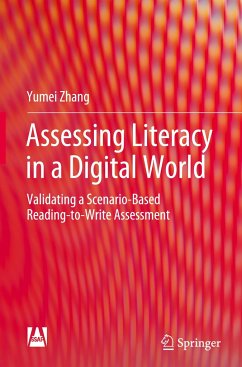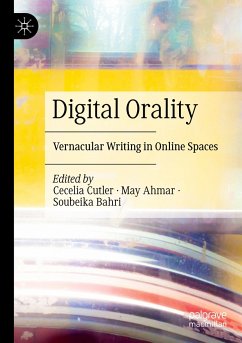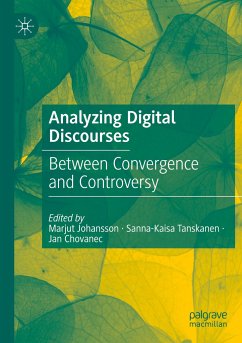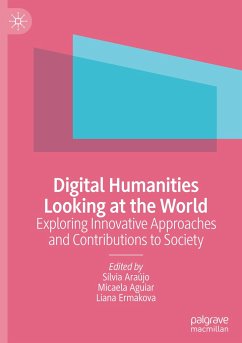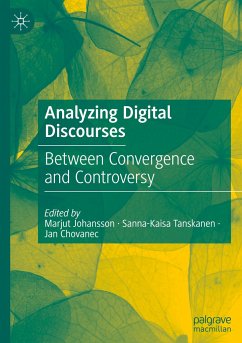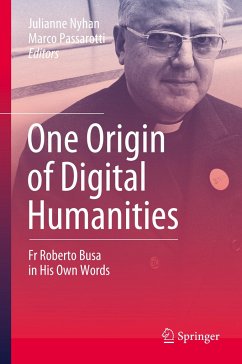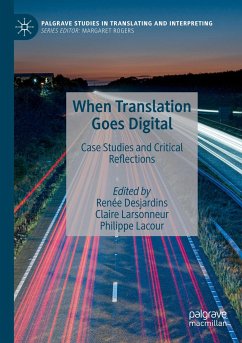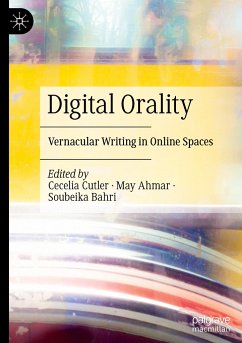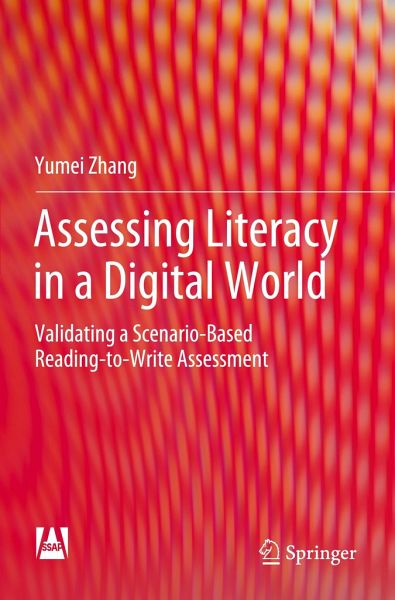
Assessing Literacy in a Digital World
Validating a Scenario-Based Reading-to-Write Assessment
Versandkostenfrei!
Versandfertig in 6-10 Tagen
98,99 €
inkl. MwSt.
Weitere Ausgaben:

PAYBACK Punkte
49 °P sammeln!
This book illustrates the latest developments in literacy and language assessment in the digital context, and subsequently presents a rigorous validation study on a newly proposed form of assessment (scenario-based assessment, SBA) that seeks to respond to the contextual change of literacy activities. It combines theories and innovative practices in both the literacy and language assessment sectors.The empirical validation study on SBA, presented here, can help readers understand how digital scenarios can be realized in assessment practices with the aid of computer technology, and how the scen...
This book illustrates the latest developments in literacy and language assessment in the digital context, and subsequently presents a rigorous validation study on a newly proposed form of assessment (scenario-based assessment, SBA) that seeks to respond to the contextual change of literacy activities. It combines theories and innovative practices in both the literacy and language assessment sectors.
The empirical validation study on SBA, presented here, can help readers understand how digital scenarios can be realized in assessment practices with the aid of computer technology, and how the scenario settings in the digital context can affect EFL learners' reading-to-writing performance. In this way, it can facilitate the reconceptualization of L2 literacy in the digital context. Moreover, the evidence and critical examination presented here can offer readers more comprehensive insights into the value or validity of a given innovative approach before it is adopted in their contexts.
The empirical validation study on SBA, presented here, can help readers understand how digital scenarios can be realized in assessment practices with the aid of computer technology, and how the scenario settings in the digital context can affect EFL learners' reading-to-writing performance. In this way, it can facilitate the reconceptualization of L2 literacy in the digital context. Moreover, the evidence and critical examination presented here can offer readers more comprehensive insights into the value or validity of a given innovative approach before it is adopted in their contexts.



